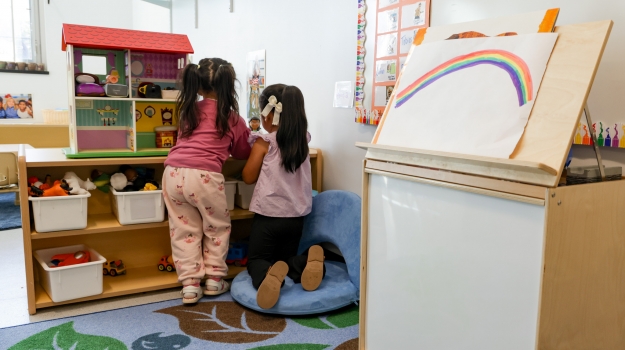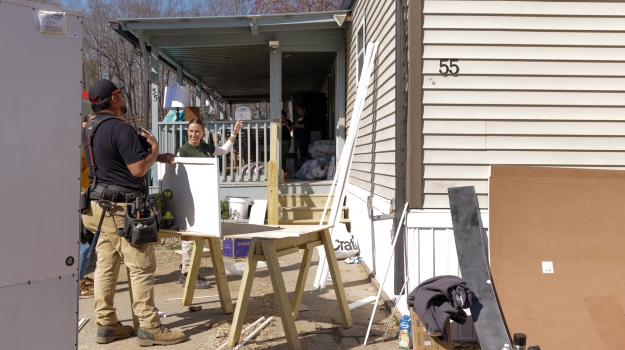- A moldy home | asthma
- No home | heatstroke, frostbite and physical violence
- Limited access to fresh food | high blood pressure and obesity
- Working three jobs, and still unable to pay the bills | sleep deprivation and anxiety
- Elders who live in isolation | depression and suicide
It isn’t a far leap to see just how interrelated our physical environment, food, financial stressors and social supports affect our health. And that these environmental factors, these social determinants of health, not only impact the quality of our lives (daily and longterm), these factors are also impacting the ever-rising costs of healthcare.
This is why the NC Department of Health and Human Services and the Foundation for Health Leadership and Innovation, Expound Decision Systems, United Way’s NC 2-1-1 and Unite Us joined forces to revolutionize how NC addresses health care in our state. Together, we developed NCCARE360 which unites healthcare and human services organizations with a shared technology platform, allowing for a coordinated, community-oriented, person-centered approach for delivering care in North Carolina.
Since the early 1970s, United Way of Asheville and Buncombe County has operated an information and referral call center in our region and now our staff will play an integral role in the implementation of NCCARE360 in the western part of our state by serving as dedicated NCCARE360 Navigators. As Navigators, we will be able to assist medical providers and community-based organizations find services for their patients and clients by helping to navigate the NCCARE360 platform.
Implications
What could this mean for people? Here’s an excerpt from a recent New York Times article about how rethinking healthcare could save lives.
North Carolina is also taking on health-related risks in a person’s daily life — like access to food, housing and transportation. The Trump administration has approved the state’s plan to spend $650 million of state and federal funds for pilot projects to address these so-called social determinants of health.State officials point to a demonstration project in Greensboro as the kind of effort they want to replicate and expand.A hospital group, a housing nonprofit and university researchers identified 41 families with children who made frequent hospital visits for asthma. They visited the homes; identified potential asthma triggers like mold, dusty carpeting and poor ventilation; and made recommendations and repairs. Afterward, asthma-related hospital costs for those children dropped by more than 50 percent.“The future is trying to do that across the system, not just for a few dozen families,” said Kathy Colville, healthy communities director at Cone Health, the hospital group that participated in the asthma project.
If you’d like to learn more, we’ve got several links for you to review:
- The NYTimes published a story on 8/26 in the business section about these massive changes in healthcare in NC.
- A 13-minute podcast titled “How NC Is Revolutionizing Healthcare” from The State of Things on WUNC.
- NCCARE360
Categories


